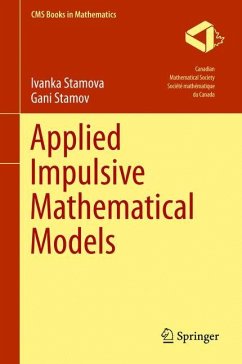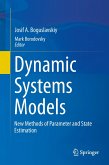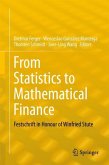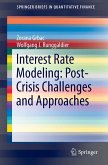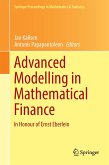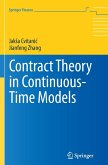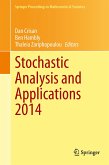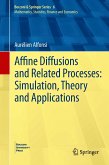Using the theory of impulsive differential equations, this book focuses on mathematical models which reflect current research in biology, population dynamics, neural networks and economics. The authors provide the basic background from the fundamental theory and give a systematic exposition of recent results related to the qualitative analysis of impulsive mathematical models. Consisting of six chapters, the book presents many applicable techniques, making them available in a single source easily accessible to researchers interested in mathematical models and their applications. Serving as a valuable reference, this text is addressed to a wide audience of professionals, including mathematicians, applied researchers and practitioners.
"The book contains a lot of useful information. Researchers in differential equations and applied analysis can benefit greatly from this text." (Svitlana P. Rogovchenko, Mathematical Reviews, April, 2017)
"This book under review presents a description of some recent developments in the study of mathematical models in the form of impulsive differential equations, which are mainly impulsive ordinary differential equations. ... I think it is an interesting book, and I recommend it to the students and researchers interested in impulsive models." (Jin Liang, zbMATH 1355.34004, 2017)
"This book under review presents a description of some recent developments in the study of mathematical models in the form of impulsive differential equations, which are mainly impulsive ordinary differential equations. ... I think it is an interesting book, and I recommend it to the students and researchers interested in impulsive models." (Jin Liang, zbMATH 1355.34004, 2017)

